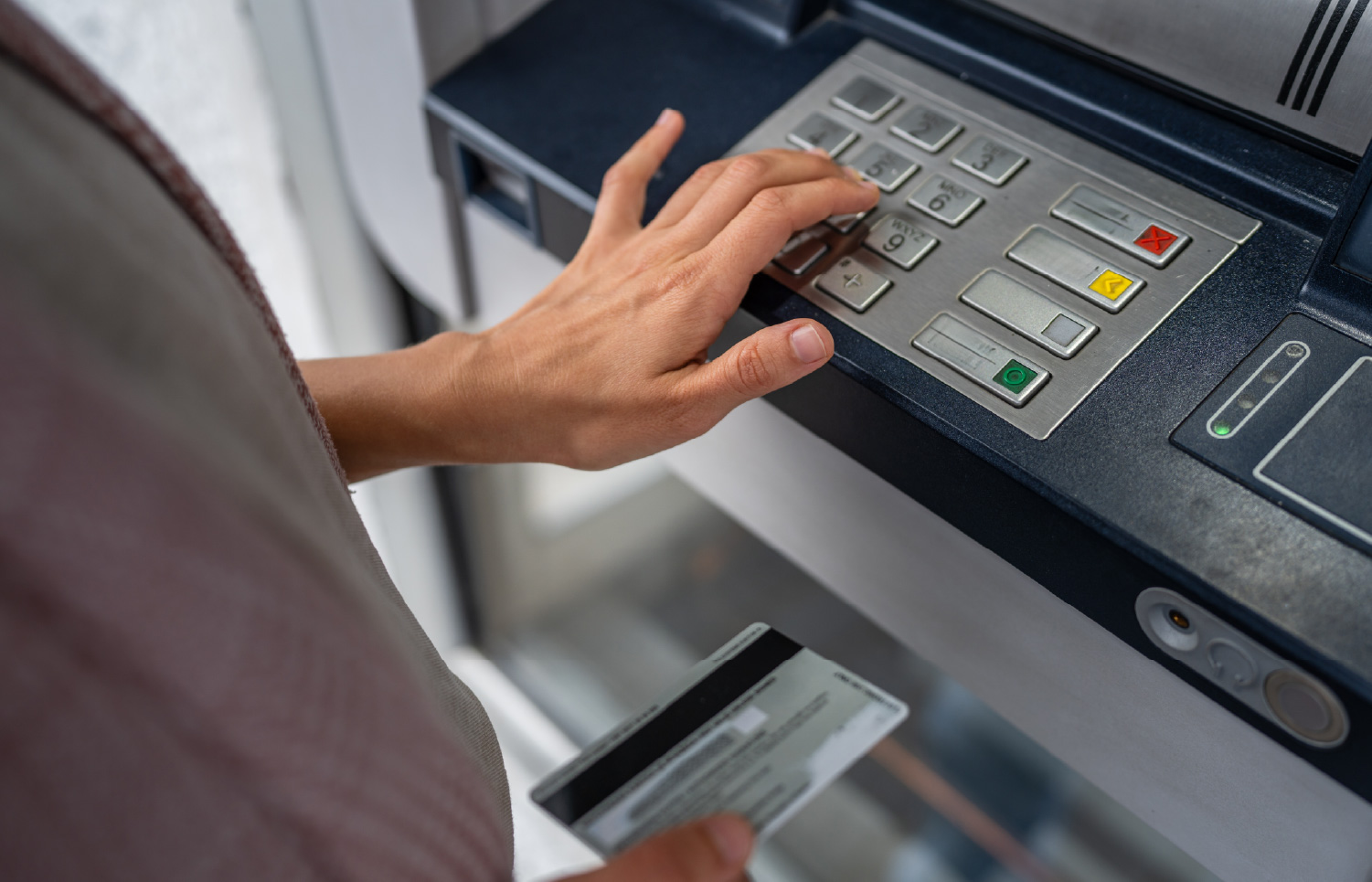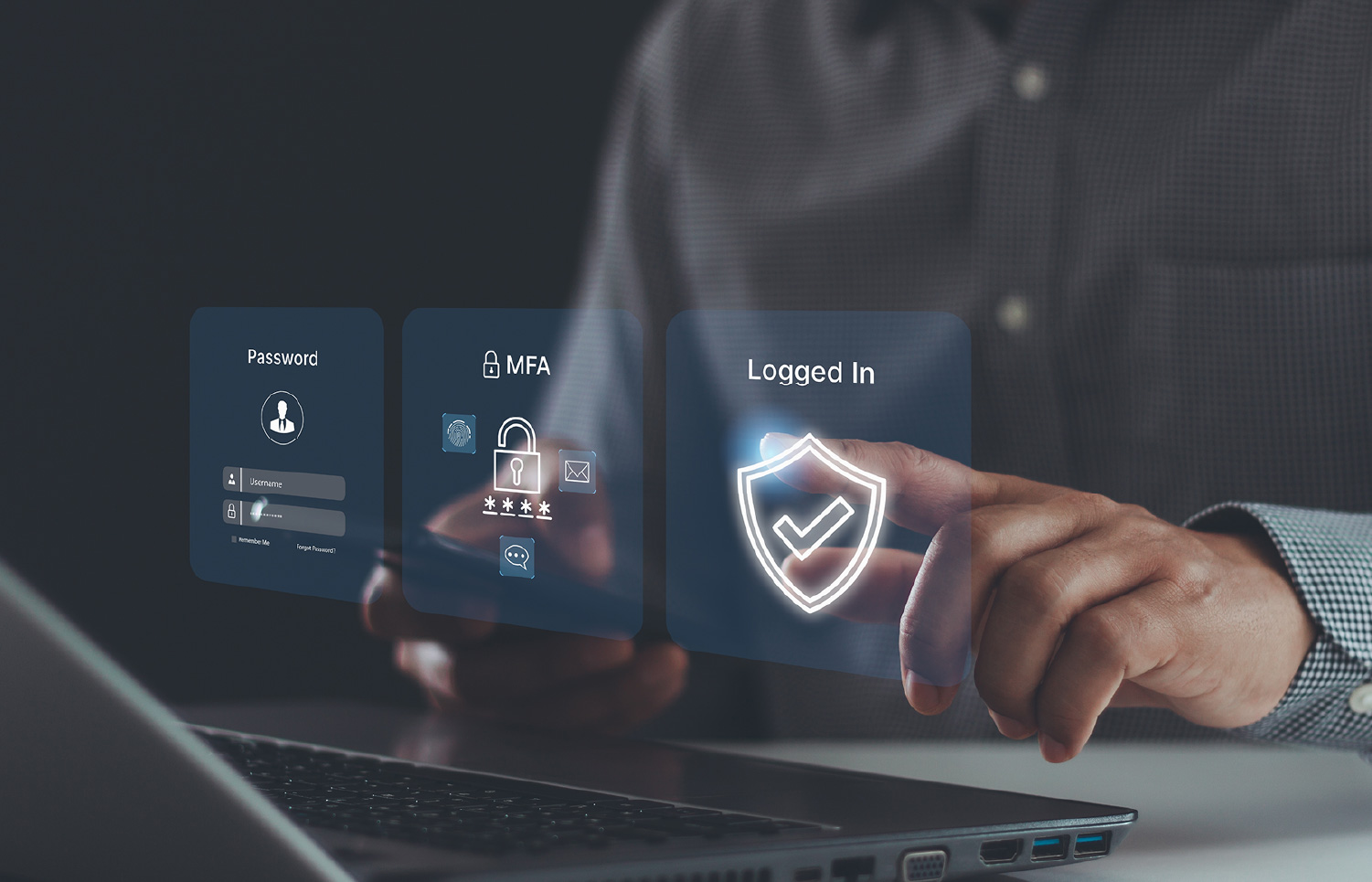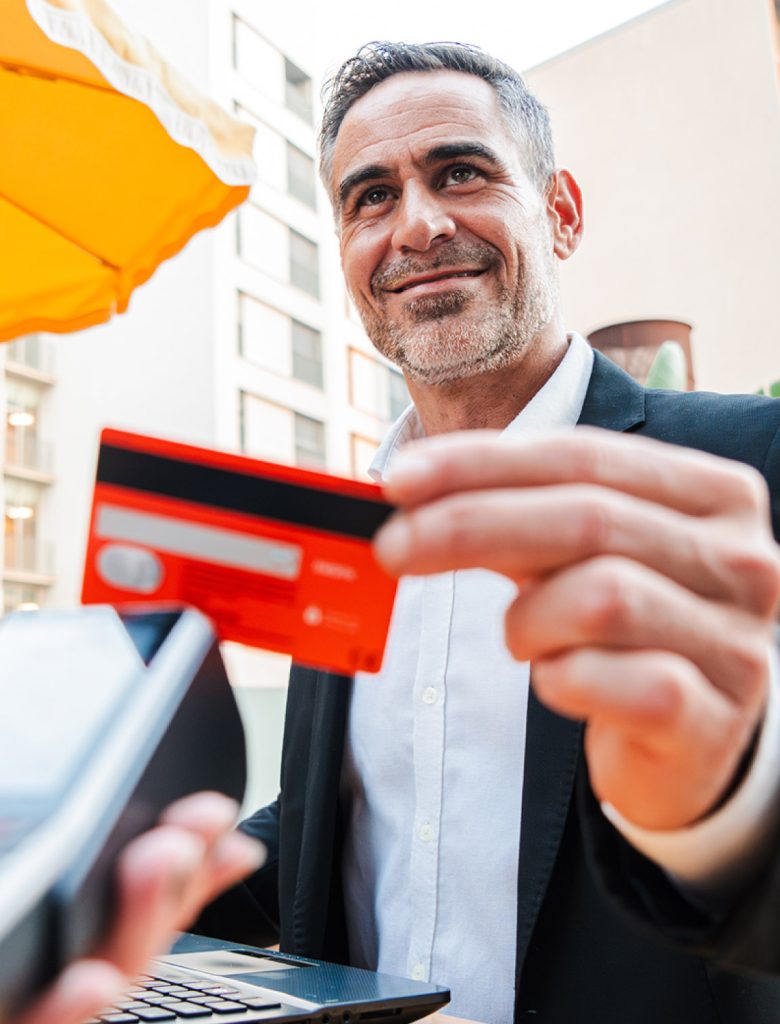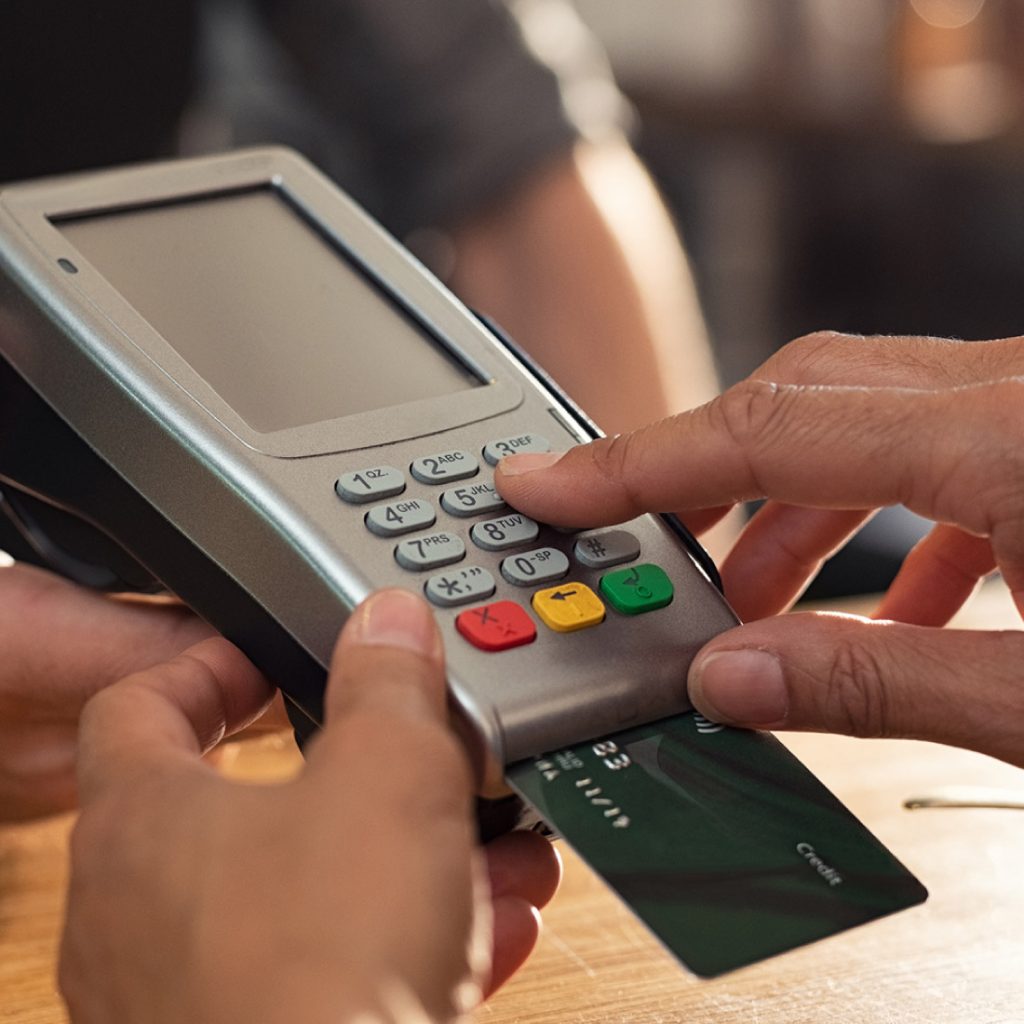Security
We Engineer Safer Businesses
“We Engineer Safer Businesses”, a motto that shows that SIBS has been a company that is concerned with developing safe businesses and is committed to preventing them.
When using a Card
- Always store your card in a safe place, out of sight and not easily accessible to others;
- Avoid placing your card near metallic objects, such as keys, as they may damage the magnetic stripe and interfere with its use;
- Check regularly to ensure you still have your card in your possession;
- Keep all documents (receipts, statements, account slips, etc.) that contain information about your account and/or card in a secure place;
- Review your card transactions regularly. If you notice any unauthorized transactions, contact your bank immediately to report the issue and request an account activity statement;
- When requesting a new card, pay attention to the delivery timeframe provided by your bank. If you do not receive the card by the expected date, notify the issuing institution;
- When your card expires, destroy the magnetic stripe before discarding it, to ensure it can no longer be used;
- When traveling, carry only the cards you plan to use. If necessary, inform your bank of your travel dates and destination.
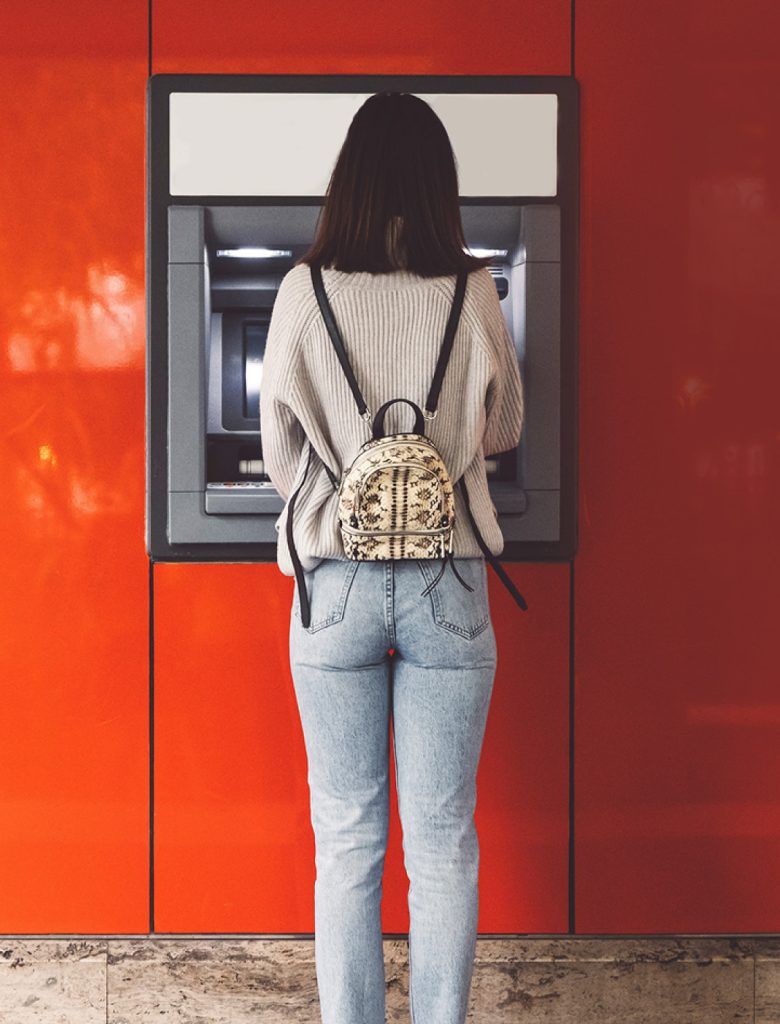
When using an POS
- Never share your PIN to make a payment easier;
- During payment, never lose sight of your card, and ensure the transaction is carried out on a single device only;
- Cover the keypad with your hand while entering your PIN;
- After confirming the amount and entering your PIN, do not allow the payment to be repeated unless a clear message shows that the first attempt failed or was canceled;
- Make sure the card returned to you is indeed yours;
- Always request and keep a payment receipt.

Attack Prevention
Payments
Technology
Equipment
